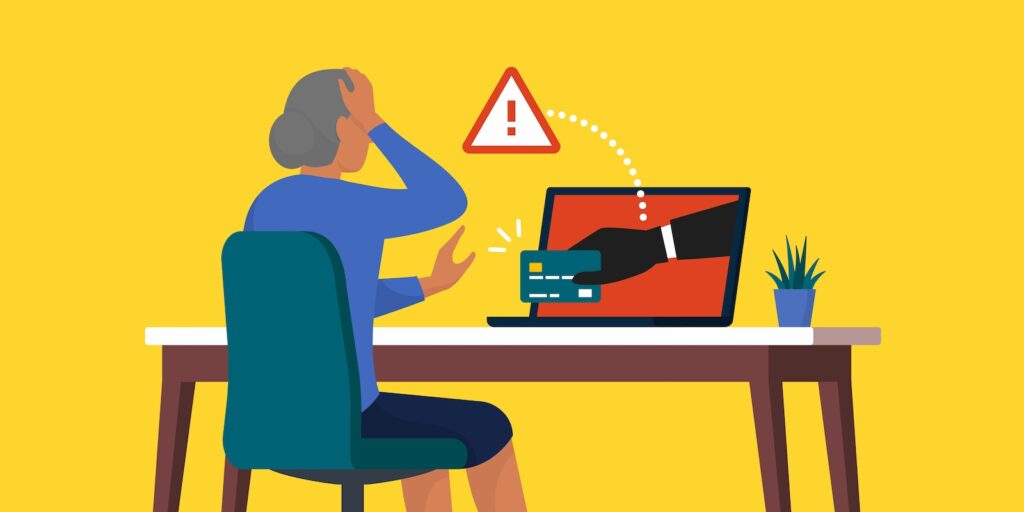# Protect Yourself from Scams: Essential Tips to Stay Safe
In today’s digital age, scams have become increasingly sophisticated and can pose significant risks to your personal and financial information. It’s essential to be vigilant and understand the different types of scams to protect yourself effectively. Below are critical insights and preventive measures to safeguard your security, particularly concerning various contemporary scams.
## Bank Impersonation Scams
One prevalent scam involves fraudsters impersonating your bank. These scammers utilize technology to make calls appear as though they’re from your bank, often creating a sense of urgency. It’s crucial to remember:
– Never provide your Internet Banking security code, PIN, or password to anyone.
– Avoid clicking on links in suspicious SMS messages.
## Phishing Emails
Phishing emails are deceptive messages that appear legitimate, using your bank’s branding to gain credibility. These emails typically prompt you to open attachments or click on links. To stay safe:
– Never click on links in emails that seem suspicious.
– Forward any suspicious emails to your bank’s designated email address for investigation.
## Term Deposit Scams
You might receive emails promoting enticing investment opportunities that are, in reality, fraudulent. Always be wary of:
– Unsolicited investment offers.
– Seeking independent financial advice before making any investment decisions.
## SMS Scams
Scammers may send SMS messages masquerading as your bank, asking for personal details or directing you to counterfeit websites. To protect yourself:
– Never click on links or share personal information in response to suspicious SMS messages.
– Forward any suspicious SMS messages to the provided investigation number.
## Common Scams to Watch Out For
Be aware of a variety of scams that might target you, including:
– **PayID Scams**
– **Impersonation Scams**
– **Money Mule Scams**
– **Investment Scams**
– **Remote Access Scams**
– **Online Shopping Scams**
– **Romance Scams**
– **Business Email Compromise**
– **Cold Calling Scams**
Always practice caution by stopping, thinking, and taking protective measures before acting on any suspicious communication.
## How to Protect Yourself
Taking proactive steps is key to safeguarding your information:
– Verify contact details from the official bank website.
– Be suspicious of messages that create a sense of urgency.
– Refrain from providing personal information or clicking on links in suspicious messages.
– Directly contact your bank if you are uncertain about any communication.
## Reporting Scams
If you encounter a suspicious message, email, or call:
– Report it to your bank immediately.
– If you’ve unfortunately clicked on a suspicious link and entered your e-banking details, contact your local branch or the designated emergency number without delay.
## Security Measures by Your Bank
To ensure customer safety, your bank employs several protective measures, including:
– 24/7 fraud monitoring.
– Multi-factor authentication.
– Secure online shopping protocols.
– Support for safe online banking practices.
By staying informed and cautious, you can significantly reduce the risk of falling victim to scams. Always keep these tips in mind, and when in doubt, reach out directly to your bank for clarification and support. Stay safe and vigilant!

